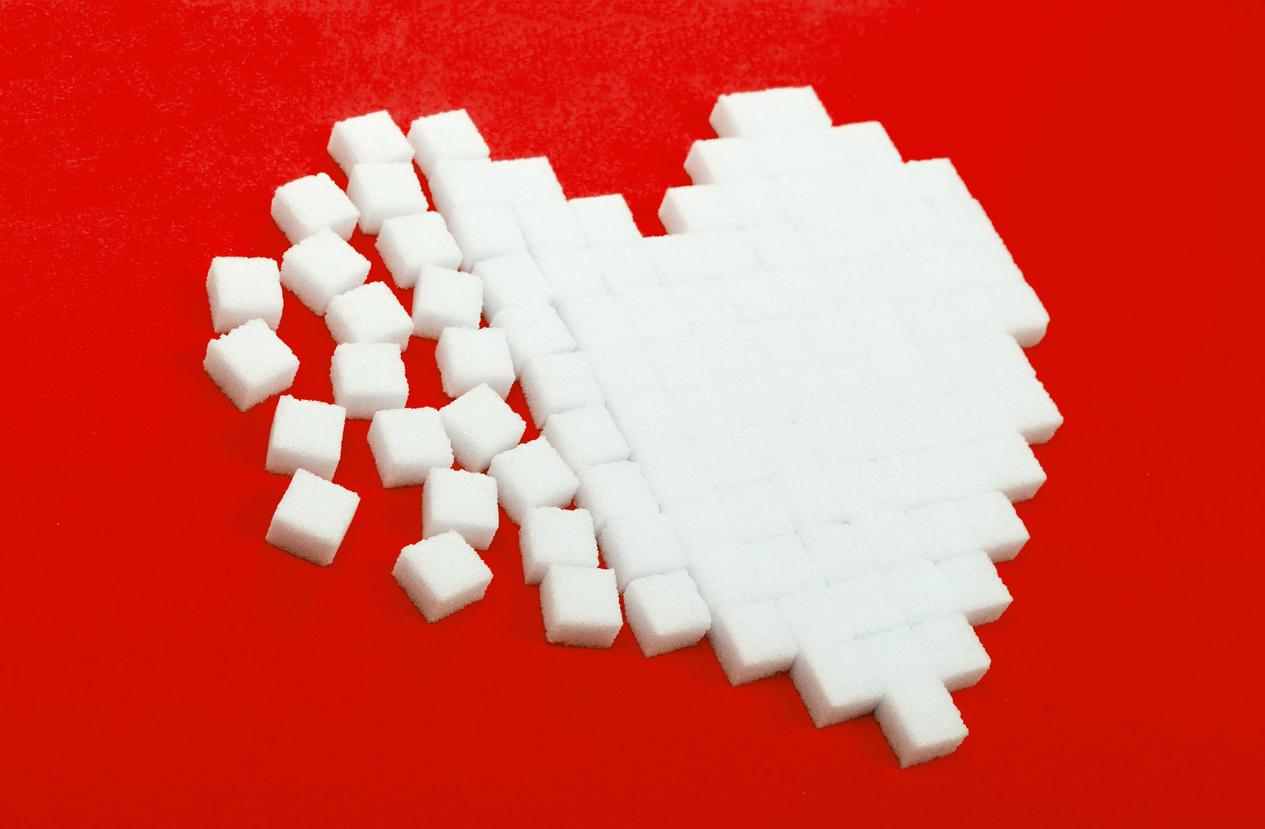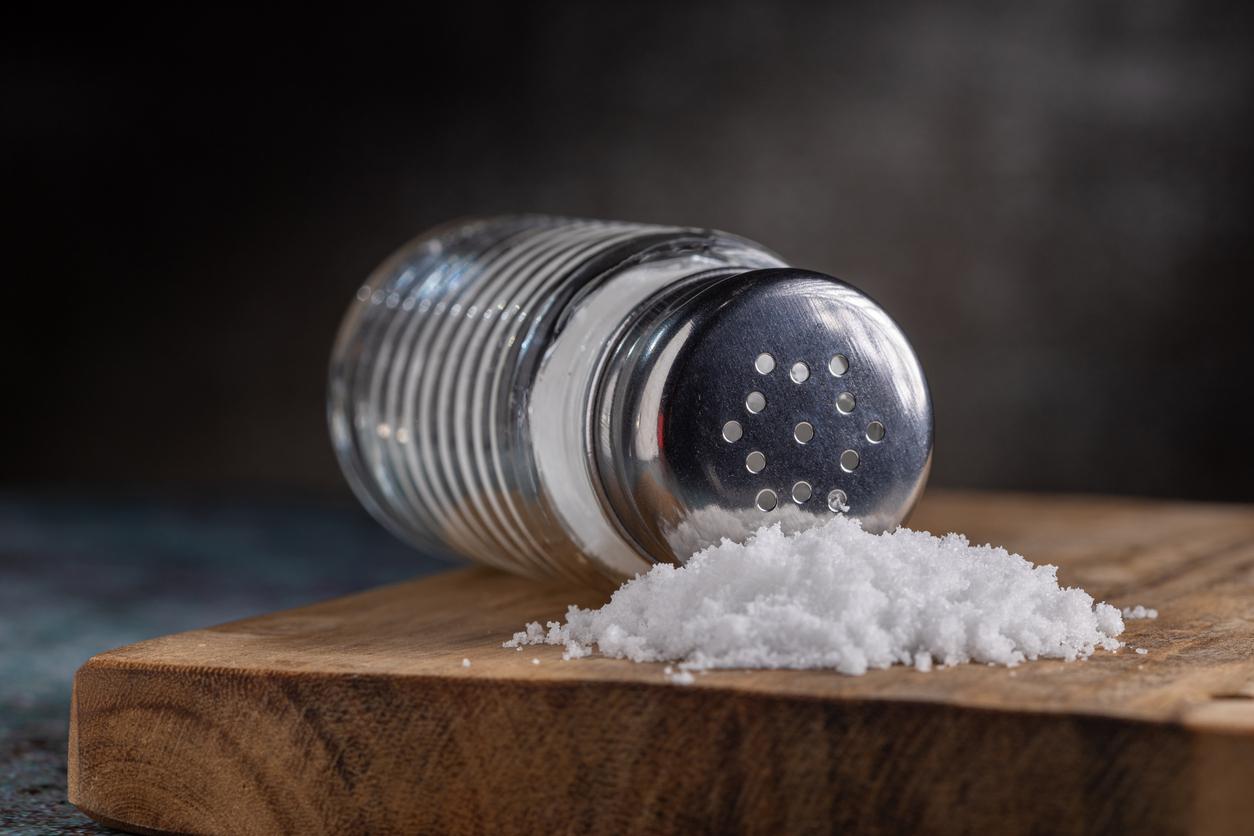For patients who have suffered a recent myocardial infarction, the anti-inflammatory effects of colchicine have been demonstrated in a new study which reinforces the interest of its prescription by practitioners.

The role of inflammation in atherosclerosis and its complications, notably myocardial infarction and stroke, is now confirmed. A study was therefore conducted to validate the role of a powerful anti-inflammatory, colchicine, on patients who had suffered a recent myocardial infarction. Its findings, published in the New England Journal, emphasize the reduction in the risk of cardiovascular complications linked to low doses of colchicine.
This study is based on a double-blind randomized trial, i.e. in which the participants do not know which group they belong to, either the group receiving the test drug or the control group, involving 4,745 patients who had suffered a myocardial infarction in the last 30 days.
A 23% higher absence of complications
“The combined efficacy endpoints were cardiovascular death,cardiac arrest with resuscitation, myocardial infarction, stroke or urgent hospitalization requiring revascularization”, explains Jean-Claude Tardif, Canadian cardiologist, director of the Montreal Heart Institute Research Center and professor of medicine at the University of Montreal. These complications were observed in 7.1% of patients given placebo and in only 5.5% of those given low dose colchicine daily. The effects of this treatment therefore translate into an absence of serious complications for patients who have suffered a myocardial infarction in the last 30 days, 23% higher than for those who have not benefited from this treatment.
“Excellent tolerance”
“This clearly shows a relative reduction in risk”, underlines Jean-Claude Tardif, who also insists on the “excellent tolerance” to colchicine since no serious side effects, in particular gastrointestinal, were observed in the treated patients.
“Colchicine is a well-known anti-inflammatory drug (it is prescribed in particular in the treatment of gout), safe, easy to use since it is administered orally, and moreover little expensive. It therefore seems well suited to the management of a patient who has suffered a recent myocardial infarction”, concludes Jean-Claude Tardif.


.













-1739366311.jpg)
